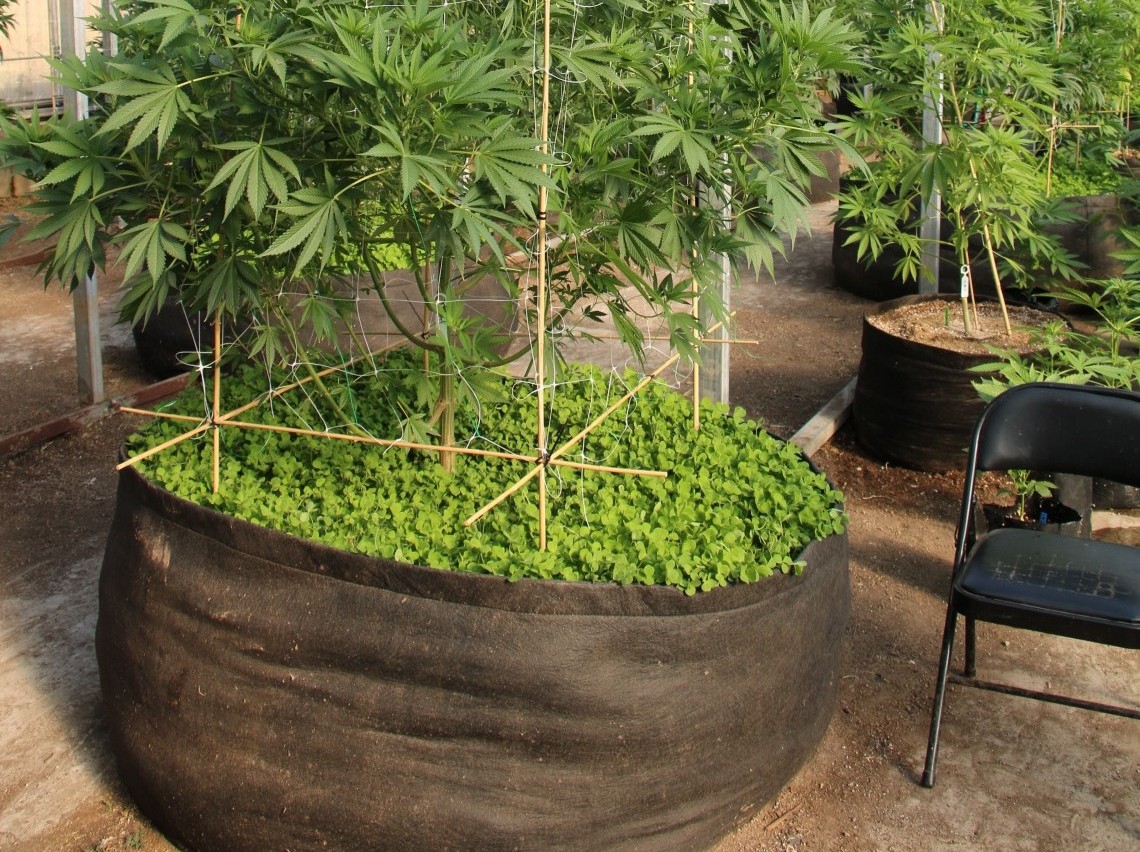Introduction:
Outdoor cannabis cultivation offers numerous benefits, including ample sunlight and a more natural growth environment. However, it also exposes plants to a wide range of potential threats, such as bugs and pests. To ensure a successful and healthy harvest, it's crucial to implement effective strategies to combat these challenges. In this blog, we will explore some of the best ways to protect your outdoor cannabis plants from bugs and pests.
1:Prevention through Companion Planting: Companion planting involves growing specific plants alongside cannabis to deter pests. Herbs like basil, mint, and lavender can act as natural repellents for insects. Additionally, marigolds attract beneficial insects like ladybugs, which feed on harmful pests. By incorporating these companion plants into your garden, you create a natural barrier against bugs and pests.
2:Regular Inspection and Maintenance: Frequent inspection of your cannabis plants is essential for early detection of any bug or pest infestations. Look for signs such as discolored or chewed leaves, webbing, or insect presence. Pruning damaged leaves and removing affected plants promptly can prevent the spread of infestations. Regular maintenance practices like weeding and removing debris can also eliminate potential hiding spots for bugs.
3:Natural Pest Control: Implementing organic pest control methods is crucial to maintain the quality and integrity of your cannabis crop. Beneficial insects such as ladybugs, lacewings, and predatory mites can be introduced to the garden to control pest populations naturally. Neem oil, insecticidal soaps, and garlic spray are organic options that can deter and repel common pests without harming the environment.
4:Physical Barriers: Creating physical barriers is an effective way to protect your cannabis plants from larger pests like rabbits, deer, and birds. Fencing, netting, or bird scare devices can prevent these animals from accessing and damaging your crop. It's important to secure the boundaries of your garden to minimize the risk of invasion.
5:Crop Rotation and Companion Plant Rotation: Rotating your cannabis plants annually can disrupt the life cycles of pests and reduce the risk of infestations. Additionally, rotating companion plants can prevent pests from adapting to the deterrent effects of certain herbs or flowers. By diversifying your garden, you create an environment that is less conducive to pests.
Conclusion: Protecting your outdoor cannabis plants from bugs and pests requires a proactive and holistic approach. By implementing preventative measures, such as companion planting and physical barriers, along with regular inspection and organic pest control methods, you can effectively combat pests while maintaining the health and productivity of your cannabis crop. Remember, a healthy and thriving garden starts with a proactive pest management plan.

